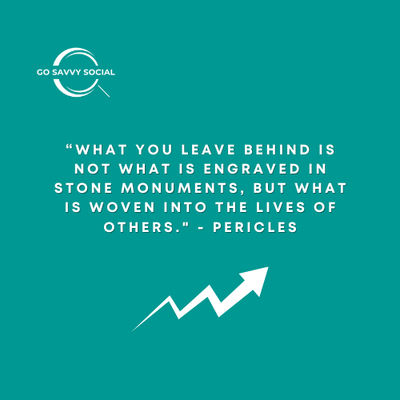|
In the workplace, tenure is often equated with credibility and deep industry knowledge. This longstanding belief holds that the more years one has under their belt, the more valuable they are to the organization. However, this perspective can sometimes lead to misconceptions about the role of experienced professionals in a rapidly evolving business environment. The concept of tenure is traditionally seen as a badge of honor, suggesting that those who have been in the industry longest are the most acquainted with its ins and outs. But this view can also create barriers. There is a risk that tenure might be associated with a reluctance to embrace new ideas, a resistance to change, or a lack of engagement with modern innovations. It may even lead to the perception that tenured employees are less willing to train or mentor newcomers effectively, under the assumption that "no one could possibly understand the industry like they do." However, industries are not static; they are fluid and constantly changing. Technological advancements, economic shifts, and new consumer demands often require even the most experienced professionals to reevaluate their knowledge and learn anew. This dynamic landscape raises important questions: Has there ever been a time when you, as a tenured professional, had to start learning again from square one? Have there been moments when the industry’s evolution demanded a completely new approach or strategy? Credibility, therefore, should not only be measured by the length of one’s tenure but by one's ability to adapt and remain relevant in the face of change. True professional credibility is about the ability to impact others positively. It’s about imparting wisdom, fostering innovation, and preparing the next generation of leaders. The real measure of one’s legacy lies in the answers to these questions: When you leave, will people remember just how good you were, or will they carry forward the lessons and values you taught? While tenure brings invaluable experience, its true value is realized when it is used to mentor others, to embrace and lead change, and to leave a lasting impact that transcends personal achievements. As we continue to navigate the complexities of modern industries, let us redefine tenure not just as a count of years but as a commitment to growth—both personal and communal. In this way, tenure becomes not just about time served, but about a legacy built and left for others to build upon.
0 Comments
Leave a Reply. |
AuthorAshly Hughes Archives
June 2024
Categories |
|
© COPYRIGHT 2009. ALL RIGHTS RESERVED.
|


 RSS Feed
RSS Feed
